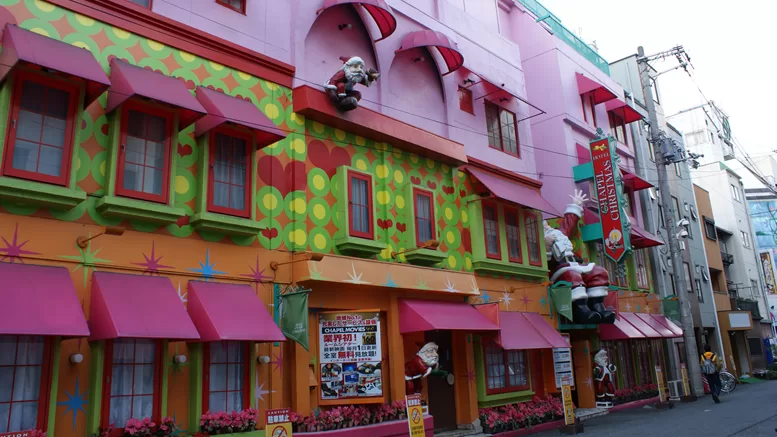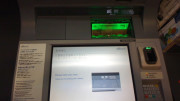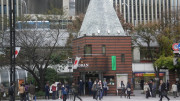Not only does Japan attract countless international visitors, but the Japanese themselves love to travel. This has created a huge market for accommodation, ranging from traditional Japanese inns to five-star hotels and everything in between.

Ryokan, Minshuku, and Pensions
A Ryokan is a traditional Japanese inn, once the primary lodging for travellers in Japan. While their style has remained largely unchanged, today they are more of a cultural experience, allowing visitors to immerse themselves in traditional Japanese living. A Ryokan room typically features tatami mat flooring, sliding shōji doors, and a low table with a tea set. Before bedtime, futons are laid out for sleeping. Most Ryokans offer communal bathing areas and serve Japanese-style breakfast and dinner. They are particularly popular in tourist destinations such as Kyoto, Nara, and hot spring resorts.
A Minshuku is similar to a Ryokan but can be compared to a Japanese version of a bed and breakfast. They are usually more affordable than Ryokans and offer a simpler, less luxurious experience.
Pensions are similar to Minshuku but feature Western-style rooms. The term comes from the French word for guesthouse, reflecting their European influence.
Business and Western Hotels
Most major Japanese cities have a mix of Western-style five-star hotels, including international chains like Hilton and Sheraton, as well as Japanese-owned luxury hotels.
At the other end of the scale are business hotels, which provide basic but comfortable accommodation for travellers. These hotels offer standard motel-style rooms with private bathrooms, a TV, and essential amenities. The cheapest business hotels may not have a restaurant or bar, but they all feature vending machines selling everything from self-heating snacks to beer.
As room prices increase, business hotels may offer additional facilities, such as complimentary breakfast and English-language TV channels. Bathrooms typically include shampoo, soap, a razor, and a toothbrush, while rooms often provide robes, slippers, a bar fridge, and a green tea set.
If you need coffee in the morning, it’s best to grab an instant coffee pack from 7-Eleven, which includes coffee, sugar, whitener, stirrers, and four cups—or better yet, try a heated can of coffee from one of the many vending machines lining the streets.
Capsule Hotels
The Capsule Hotel is a uniquely Japanese invention, where guests sleep in a small stacked capsule—not much bigger than a coffin. Originally designed for salarymen who missed the last train home, some capsule hotels do not welcome foreigners, while most do not allow women.
Love Hotels
The Love Hotel is another distinctively Japanese concept, originally catering to young couples seeking privacy away from family homes. However, they are also popular in the adult industry.
Rooms are rented for either a three-hour “rest” or an overnight “stay”. Overnight guests cannot check in until 10 or 11 PM, and once they leave the room, they cannot re-enter. Reception is designed for discretion, and many Love Hotels feature wild or romantic themes in both their exterior designs and rooms.
Internet and Manga Cafés
A recent addition to Japan’s accommodation scene is the internet café or manga (comic book) café. These establishments have expanded their facilities to include showers, private booths, and even unlimited soft drinks, making them a budget-friendly option for frugal travellers and even the homeless.
While it’s not the most comfortable night’s sleep, an all-night package can cost as little as 1,000 yen, making it cheaper than a capsule hotel.




